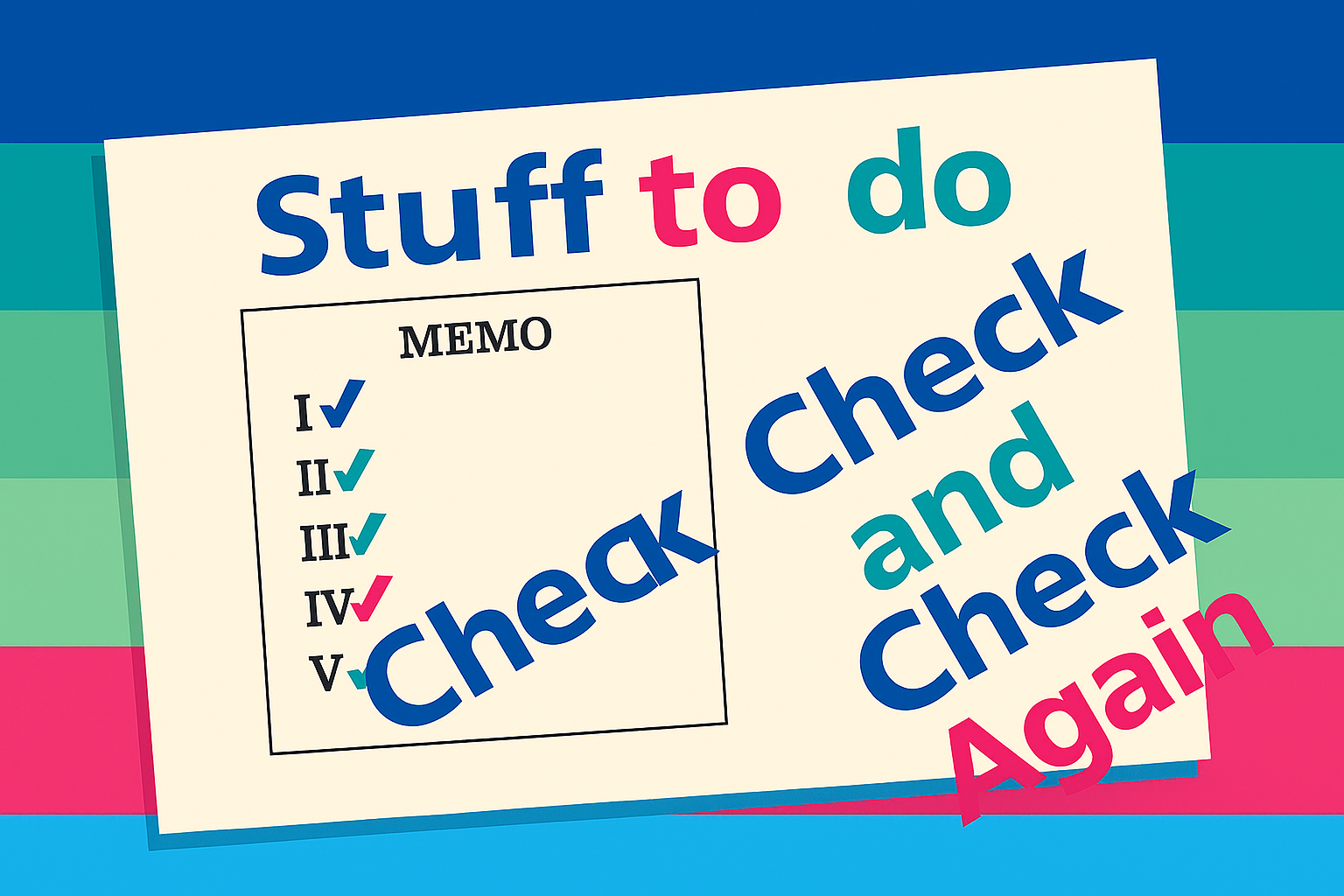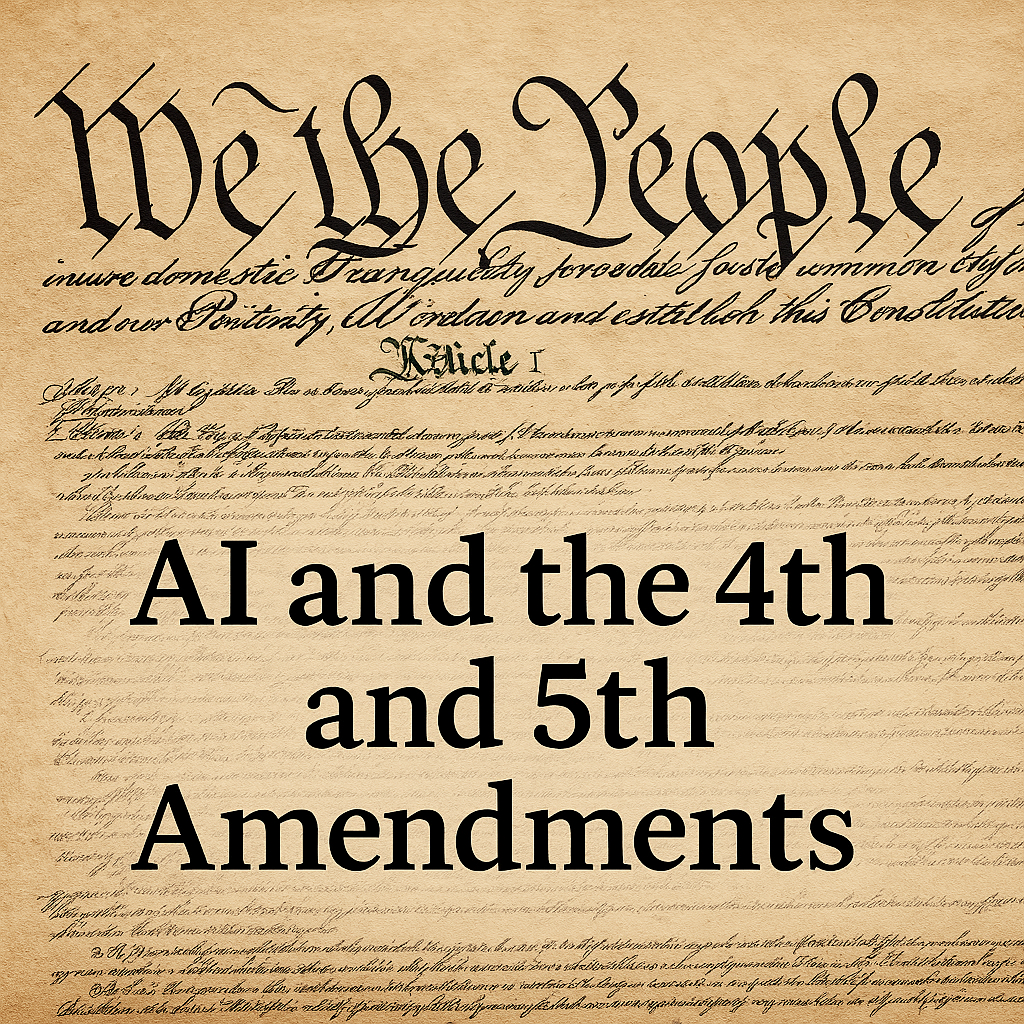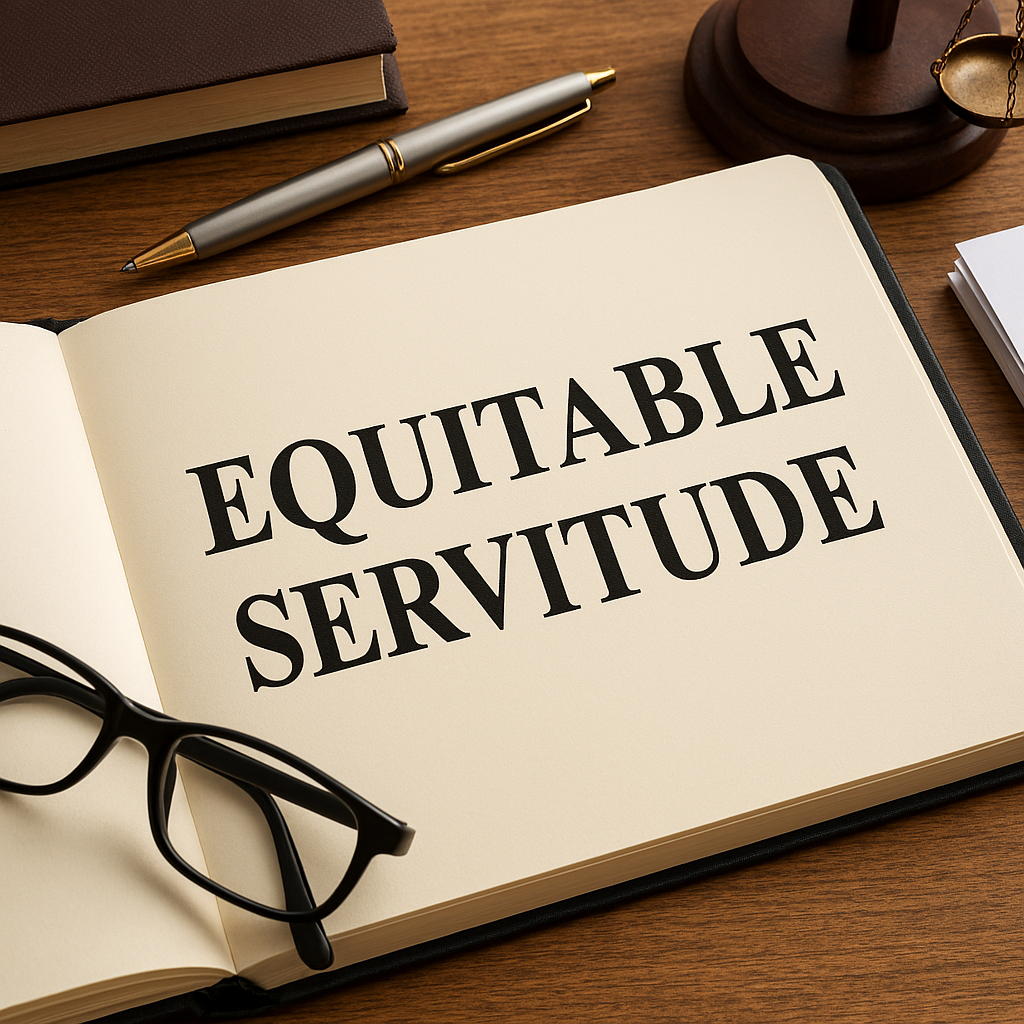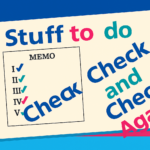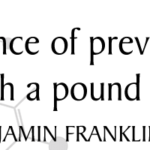Both lenders and borrowers–no matter how sophisticated they are or how much artificial intelligence they may use–often need reminders of the key issues they need to think about.
Are There Any Event of Default & Acceleration Clauses?
Most commercial loans define specific “events of default” (e.g., missed payment, breach of a covenant, insolvency). Upon default, lenders typically have a contractual right to “accelerate” the loan—demanding immediate repayment of the entire outstanding principal and accrued interest rather than permitting the scheduled amortization.
Are There Any Use‑of‑Proceeds Covenants
Loans are underwritten based on how the borrower represents they will use the funds (e.g., construction vs. acquisition). Diverging from that use—for instance, spending on unrelated ventures—constitutes a covenant breach that, even without a payment default, may trigger acceleration or other remedies.
What Remedies Are Available?
- Judicial or non‑judicial foreclosure (depending on the jurisdiction) to sell the collateral property;
- Receiver appointment, where a court installs a neutral manager to preserve or operate the collateral;
- Deficiency claims, seeking the shortfall if the foreclosure sale doesn’t cover the loan balance (where allowed by state law).
What Borrower Defenses and Workout Options Exist?
- Forbearance agreements can postpone enforcement in exchange for fees or modified terms;
- Equitable defenses (e.g., lender’s unclean hands, predatory lending practices);
- Bankruptcy or Assignment for the Benefit of Creditors can stay enforcement actions, forcing lenders into cram‑down or negotiated relief.
What Are the Governing Law and Venue Requirements?
State law nuances—like non‑judicial foreclosure processes in Colorado vs. judicial-only foreclosures in Illinois—shape timing, costs, and borrower protections. Choice‑of‑law clauses and venue selection often become battlegrounds in default litigation.
David Seidman is the principal and founder of Seidman Law Group, LLC. He serves as outside general counsel for companies, which requires him to consider a diverse range of corporate, dispute resolution and avoidance, contract drafting and negotiation, and other issues. In particular, he has a significant amount of experience in hospitality law by representing third party management companies, owners, and developers.
He can be reached at david@seidmanlawgroup.com or 312-399-7390.
This blog post is not legal advice. Please consult an experienced attorney to assist with your legal issues.
Photo Credit:


